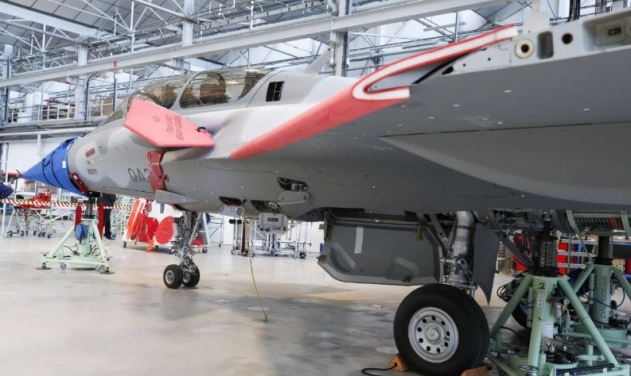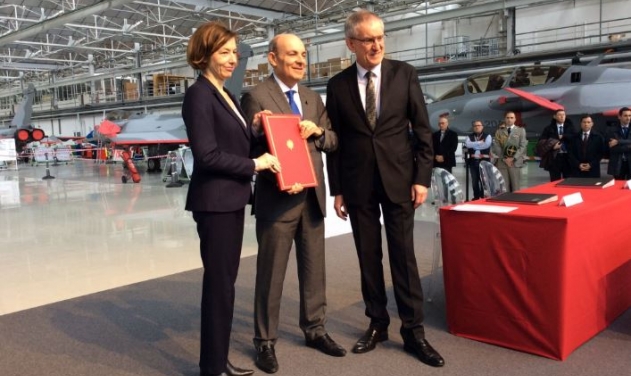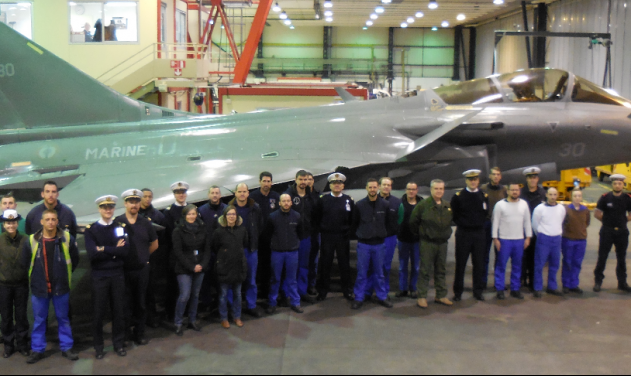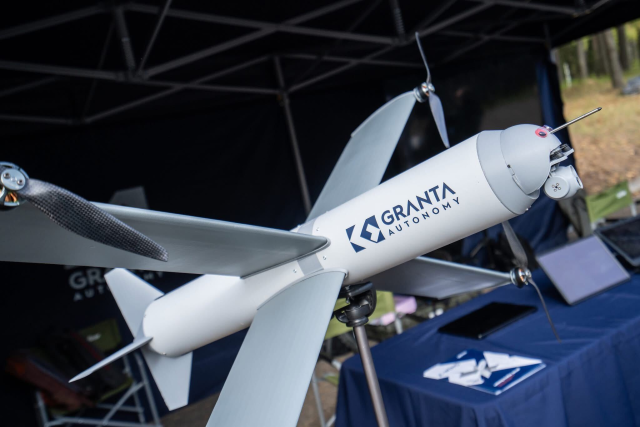Thales to Develop Rafale F4 Standard Onboard Sensors, Communication Systems
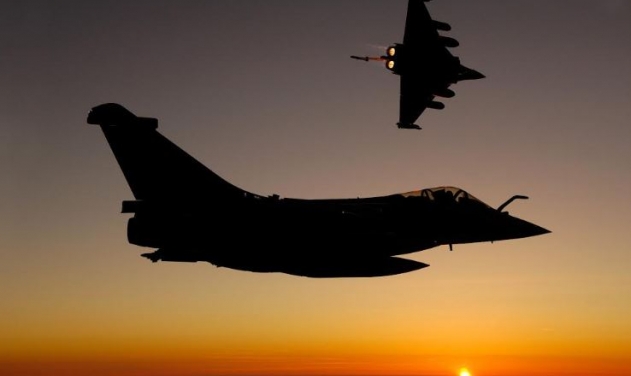
Thales, alongside Dassault Aviation and Safran, has been awarded a contract by the French defence procurement agency (DGA) to develop the future onboard sensors and communication systems that will equip the F4 standard of the Rafale omni-role combat aircraft.
In particular, Thales will prepare for the introduction of the CONTACT radio; secure, intelligent communications server technology; and a Syracuse IV satellite communications capability. To ensure high survivability, new threat detection and jamming capabilities will be developed for the aircraft's SPECTRA electronic warfare system. Further improvements to the air-to-ground mode of the RBE2 active electronic scanning array (AESA) radar are also planned, Thales said in a statement Friday.
Under the Rafale F4 standard development programme, Thales engineers and technicians will enhance the aircraft's onboard sensors and improve connectivity to offer a broader range of capabilities and new operational functions by enabling greater interconnection between the Rafale and all the other assets deployed on the mission.
In addition, the TALIOS optronic pod will incorporate artificial intelligence to analyse tactical data almost instantaneously in flight and extract and identify targets. The enhancements will enable aircrews to assess tactical situations more effectively, handle significantly larger volumes of information in real time, and make the best choices in every decisive moment in order to safely and securely locate, identify, classify and engage threats, and to assess and analyse the results of the action taken.
The development of predictive maintenance based on technologies such as Big Data and artificial intelligence is a key component of Thales's strategy. The purpose of predictive maintenance is to anticipate failures before they occur: Thales's new developments for the Rafale F4 standard aim to make this objective a reality.
